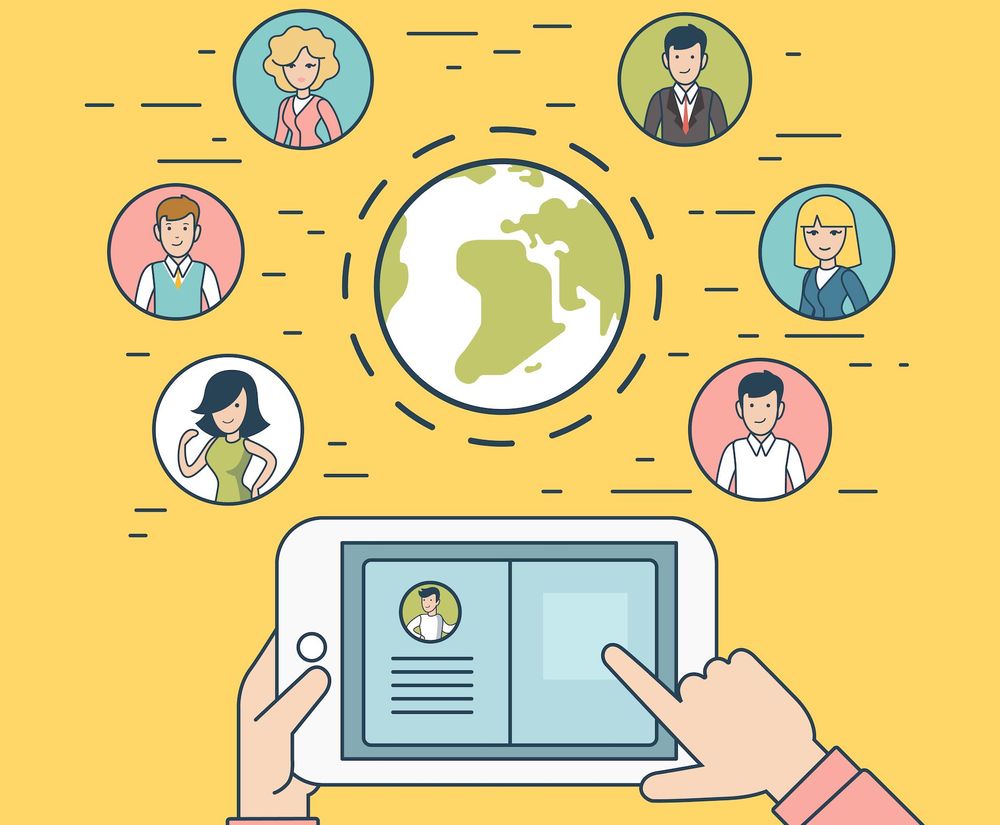Monetize. Monetization. How It Works + Examples (2023) |
In the year Luis von Ahn famously developed CAPTCHA, you know those tiny letters you need to type to prove you're a human, he created one of the most innovative model of monetization ever. The application would pick some random words that were found in the archives of New York Times, and users would then type the words they were shown. Little did they know they contributed to digitizing old books and newspapers, and those companies paid for the service.
It was a creative way to add a second revenue stream to the cybersecurity via digital.
In this post this article, we'll take you through the concepts of monetization and monetization, define what each means before guiding you through different types of monetization and how to build a monetization strategy for your company.
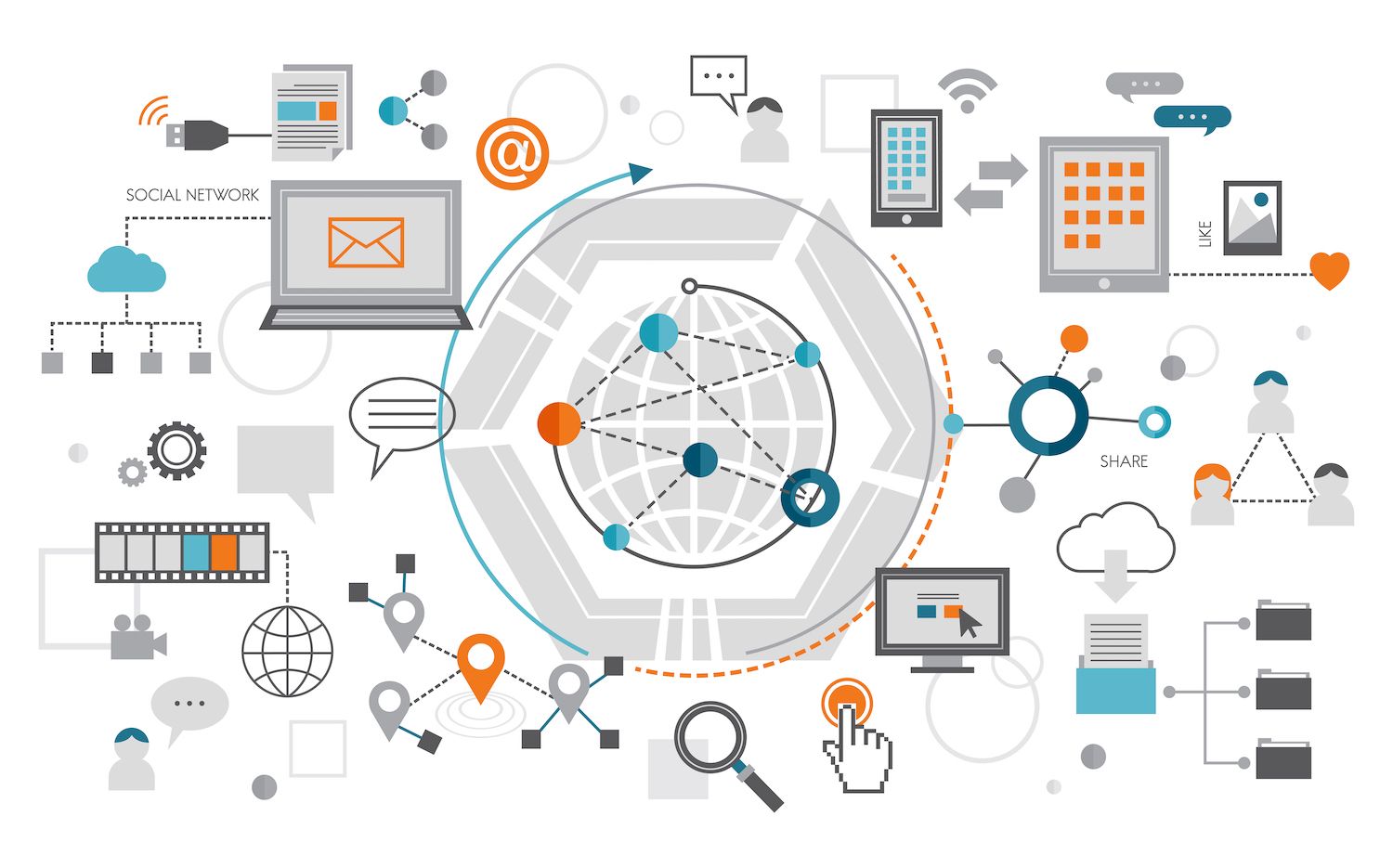
What exactly is monetization?
Monetization is the process to generate revenue through things or acts that currently don't bring you profits. In internet-speak, monetization is generally the method we use to look at how individuals as well as companies who create software and content can be financially compensated for their effort. For any service, product or program There are lots of ways to make money depending on how people utilize the product or service.
In some cases, monetization is integral to the digital process. For instance, a content gate could make users buy a product direct. This happens if you are using the New York Times or Netflix require subscriptions.

In contrast, sometimes monetization requires the addition of extrinsic content. For a typical newspaper advertising, ads took up additional space, and the paper had to add pages. However, companies would pay to place advertisements in areas where people were looking for them at, thereby generating enough revenue to continue their work of reporting the information. TV works the same. The same is true for internet advertisements on display as well as YouTube ads.
Online monetization
When we speak of monetization now, we're usually discussing the various ways people monetize things online: an online YouTube Channel, a TikTok following, or even a blog or web site. The result is common phrases like "Are you monetizing?" or "I need to monetize." Of course, we've heard the story about the blogger or influencer who makes $50,000/mo.
There are many ways of making money from on the internet. A blogger, for instance, could monetize their website using advertisements along with affiliate products and an online course they offer. Social media firms monetize their users' data instead, offering users a no-cost experience, but requiring companies to display ads in front of viewers.

Since there are different ways to make money, monetization demands imagination in the way you market things. That's what Luis Ahn did with CAPTCHA. In addition, there are innovative methods of monetization all around us. For example, the stock market let's stock holders monetize ownership in corporations, however derivatives markets add additional monetization options to the market by using the use of options and calls. (If you've seen the movie The Big Short, it is a comparison of these markets to "side bets .")
As you think about your monetization model and monetization method, think of ways to be innovative with your approach to the issue, in determining the best monetization strategy that works for you.
Monetize is literally "to convert something to money." If you own something that you've developed, such as digital products, content, an app, or even software, the goal of monetizing means to convert that product into cash. Of course, you're taking this action in a literal sense. In most instances you're trying to figure out ways you can earn money through the usage of your item. You're turning uses, views, subscriptions, members, etc. into money.
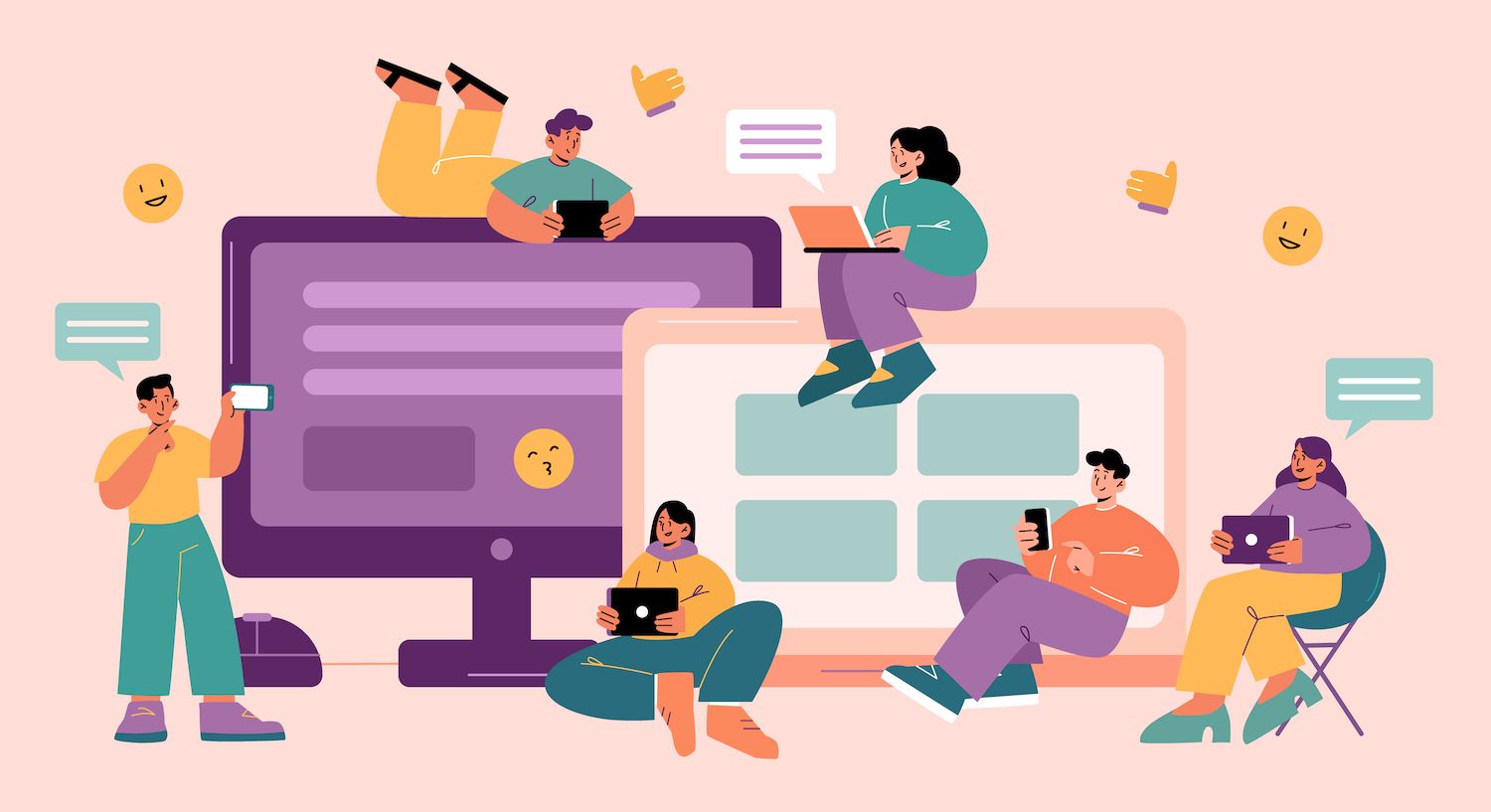
What exactly is a model of monetization?
A monetization plan is a way or method by which you earn money through a service, product, creation, intellectual property, or even your own personal brand. There are many elements that make up your monetization strategy-all of them need to work together to produce the revenues that you require.
In the case of example, if you were creating an app You could decide to include in-app purchases as well as charge users for downloads. You could also include advertisements, or all of the above. In the event that you developed software, you could select from a variety of monetization options. You could "white label" it and license it to users to make use of their logo. You could sell access under your brand, or offer access to users for free using a an "freemium" or upsell.
A monetization model is the method by which individual and multiple sources of income come together to make up an entire brand's revenue.
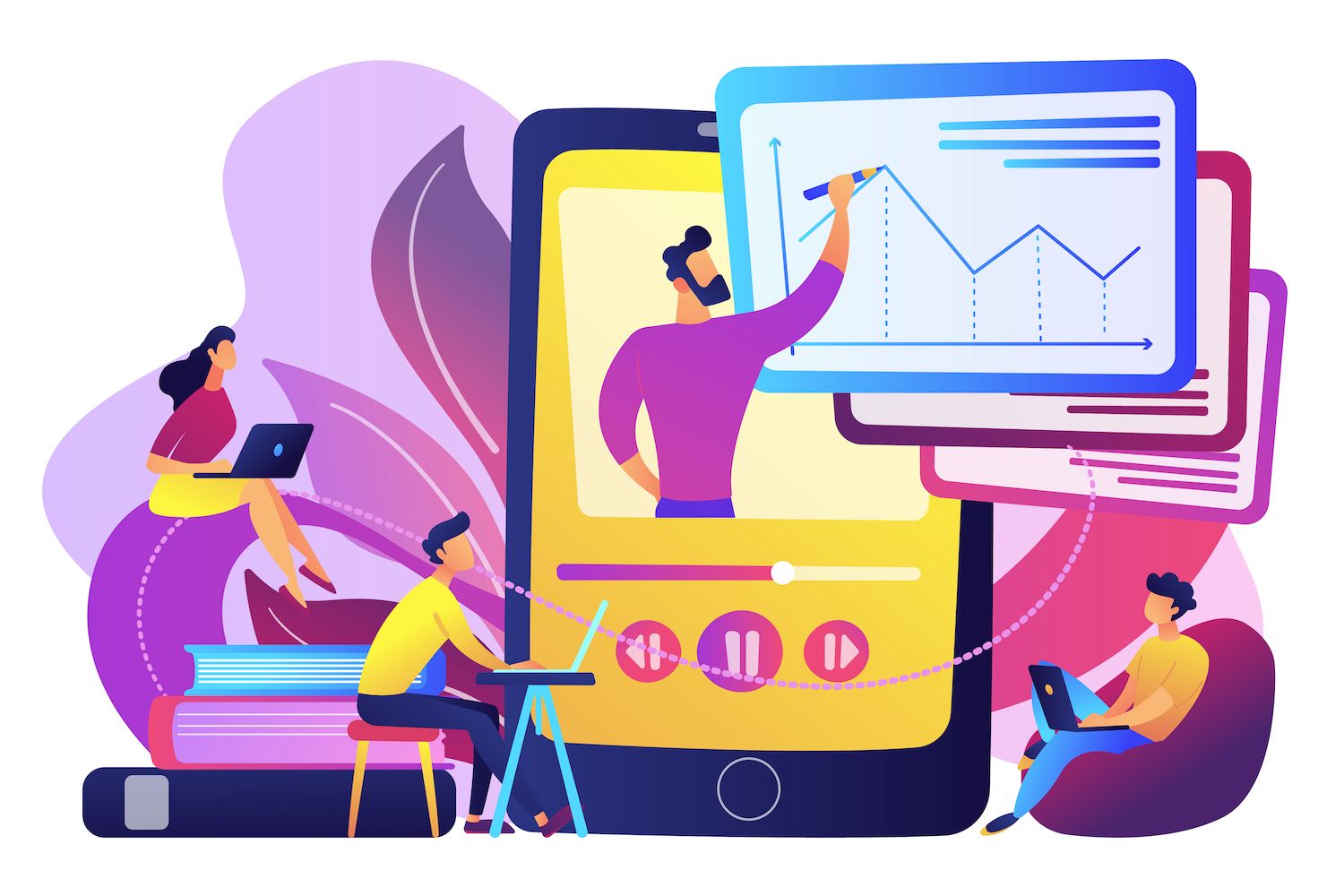
Different types of Monetization
They are among the most well-known methods of monetization. However, they're not the only means to monetize. In the end, innovative monetization strategies being developed all the time. It is important to note that these methods are not mutually exclusive. A lot of brands utilize several of them (and there is a crossover ).
Members Monetization
Growth driven by members is among the best ways to monetize. The next generation of businesses that will grow rapidly are expected to be the ones that are able to convert users, customers, and subscribers into subscribers. It will be done at scale.
The monetization of a member-led community can be simply as easy as establishing an annual membership fee for your community. This can result in regular revenue. Additionally, your members create content and tell others to help grow your community on autopilot.
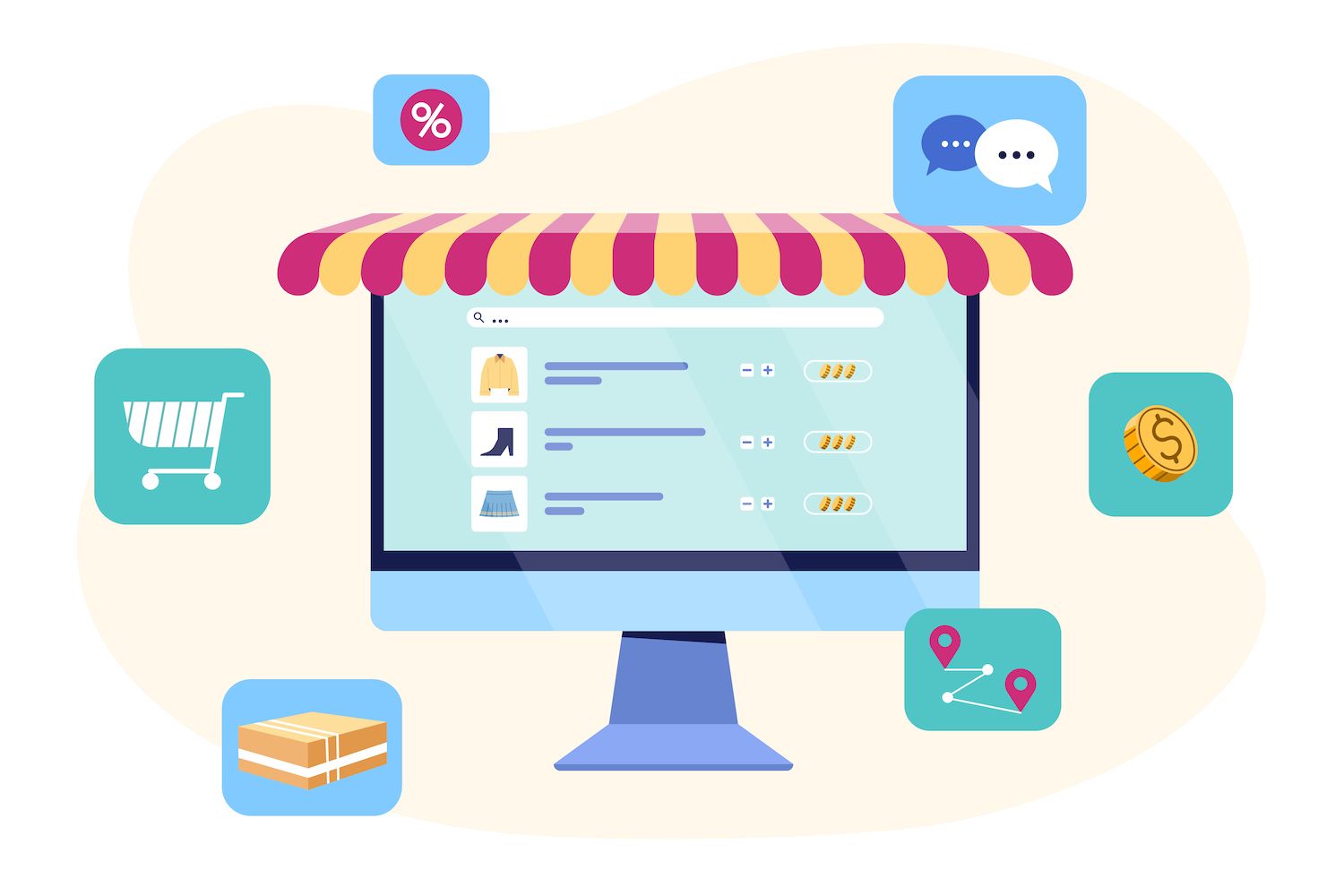
Here are some examples of how we've seen member-led marketing work:
- An entrepreneurship org. Launched a branded app fpr 5000 members. The app earned over $30,000 in 2 1/2 weeks.
- A health-focused launch to 100 premium members, which added $40,000 in ARR.
- An author & speaker launched a 4-week promotion in their community of members and earned the addition of $30,000 in revenues.
- A podcaster and author sold 5,000 seats to the $997 course within 10 days to existing members.
- A community has launched the course for 13 weeks and generated an additional $100k in revenue in 2 months.
When you have members-only products, you'll find that you typically earn revenue from both the members' memberships as well as the other things your members buy-a business model McKinsey calls the community flywheel .

Digital Subscriptions
Subscriptions and monetization work similar to a membership model. However, your members do not add benefit. They instead consume content or software that you've developed or licenced. It's an extremely popular strategy for companies that make software since companies such as Microsoft as well as Dropbox have been able to make subscriptions their bread and butter.
The same is true for the content, too. Netflix as well as Disney+ have built empires with subscription services. Subscriptions even saved the New York Times; in 2020, there were 8 million print and digital subscribers.
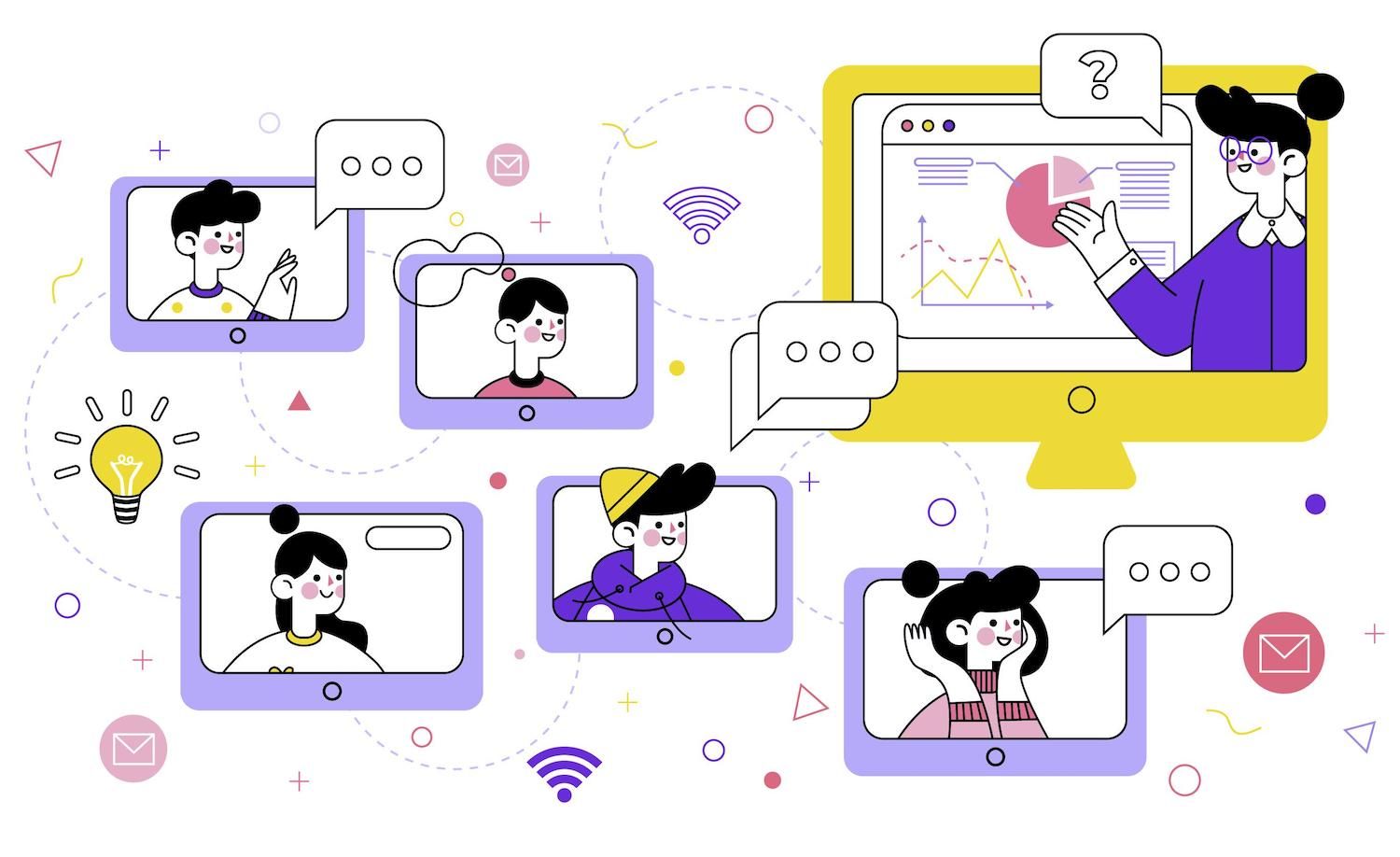
Freemium
The model of freemium monetization which is very popular among software businesses, because it lets users try an item for free prior to committing. This is because the system of monetization takes responsibility for the trial period, thus reducing the need for things like "money back assurances" because the purchase isn't made up front. It also allows members, users, etc effortlessly upgrade over the paywall within a set period of time OR to get more features.
Content monetization
There are a variety of ways to earn money from content such as digital subscriptions, memberships and even digital ones. For content creators it is not a matter of deciding which options to choose. Here are a few most popular choices:
- Affiliate marketing: If you promote items on a site or feed for social media, when someone clicks on a brand-approved tracking link, you may earn commissions. A lot of websites and blogs monetize by utilizing affiliates.
- Ads: Monetizing using advertisements is another tried and true monetization model for content-heavy brands, from TV channels to websites and apps (more about this in the next minute). Advertisements can be paid for per ad or per visit (usually known as RPM=revenue per Mille ).
- Sponsorships: A sponsored content is typically used to mean an article that was sponsored by a blog. The majority of sponsorships are influencer-created posts.

Social media monetization
We usually see social media monetization as the ways people make money through their social media channels. Most social media publishers are able to monetize their channels using a variety of options in this list, including affiliate marketing, ads, and sponsored posts.
There's the issue of how the social media platforms themselves monetize-and they're creative. Two examples illustrate how social media giants make profits:
- Meta: By leveraging its most popular brands of Facebook and Instagram, Meta makes money through selling attention. And with two billion users every day, it's got lots to offer. Meta is a data collector for users, and sells companies the chance to get the right adverts before their audience using highly-targeted data on demographics. It led to the amount of $32 Billion in the final third quarter in 2022. Meta's data gathering is so potent that it's been the target of investigations (think Cambridge Analytica's attempts to influence elections).
- LinkedIn: LinkedIn is much smaller than Meta and has an average of 141 million users per day. It has developed an unique model of monetization that matches its strengths as a platform. Since it's a career and networking platform that sells premium plans to job-seekers (giving them a competitive edge on job applications) as well as provide unique plans to recruiters and employers for a higher price. This lets every type of user access the features they want through the platform. And it also sells advertising. LinkedIn generated more than $13 billion in sales in 2022.
When you examine all the social media platforms and you'll notice they all have one thing that they share. Nearly none of them cost users for access to the website in the first place. The goal of these sites is to garner massive engagement and attention, and then either convert some users to premium plans or-more usual-simply to offer their customers the attention of advertisers.
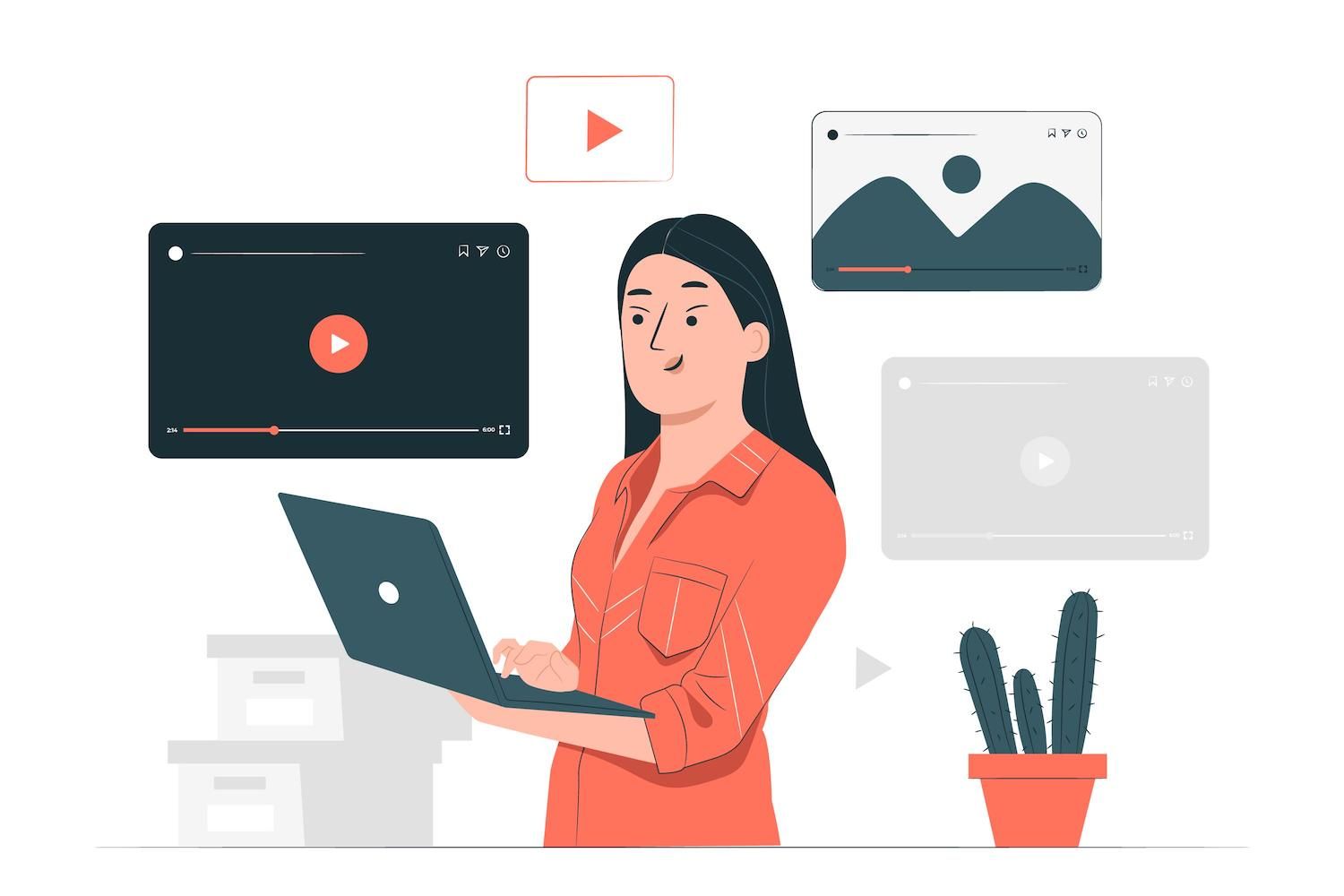
App monetization
App monetization is a world of its own, and we've created a tutorial on the subject. But let's just say that there are many ways to monetize apps, including subscriptions, memberships, and advertisements. What makes apps unique is the category of in-app purchases.
There are 13 ways that mobile applications can be monetized, and be sure to check out our guide to the monetization of mobile apps to take the full details of every one of them.
- Freemium
- Ads + Premium
- Ads Only
- Ads + In-App Purchases
- Subscriptions
- Memberships
- Courses
- Events
- Product (physical and digital)
- One-time purchase
- Services
- Selling user data
- Crowdfunding

Monetization based on product
Sometimes, the most profitable method of monetization is to create an item. This could be a digital product; such as a major online course. For example, we mentioned above that a podcaster as well as an author on Mighty has sold 5,000 tickets to a $997 course in 10 days. That's a fantastic digital product monetization model.
But selling physical goods is a tried and proven monetization model too, and there are some truly amazing brands who have grasped how to transform digital buzz into real-world success for their products.

Take a look at Peloton, who created a bicycle that can connect users into workout routines as well as other fitness enthusiasts in real time. It also helped that Peleton was born at the time of the outbreak, when the population was looking for a way to exercise. Celebrities have also launched physical items and then use their brands to boost them-like Ryan Reynolds' Aviation Gin brand which he has recently sold at 610 million dollars.
The integration of items with internet-based attention is just getting started, and there will be a lot more of this in the future.
Licensing
It's an underrated monetization model, but for those with some sort of intellectual property rights, licensing may be an amazing way to monetize. Essentially, licensing means you own a certain method or design and offer the right to other people to make use of the model. If you find people selling the "Trademarked X method to X", you're probably looking at a licensing model.
In particular many experts will construct their brands around things like TED Talks and op eds however, they will also allow the use of their theories to corporations.

Consulting and services
It's similar to licensing however, those who have a solid foundation on their content online can typically sell the idea of it. In the case of LinkedIn, for instance, lots of creators on LinkedIn and YouTube who share their knowledge can be hired by people as well as companies to utilize the content in a direct way. If you have an YouTube channel specifically focused on helping entrepreneurs build their businesses It stands to reason that some might want to hire to coach them. That's why consulting and services are often a great monetization model.
Data
Another monetization strategy is to monetize data. For this instance the platform gathers information on its users and sells it to third parties-often advertisers. It's a staple of the social media industry (above), but they're not the only ones who collect and selling data from users.
In almost every field that includes health care and finance, firms collect and sell the data of their customers. While selling information is a model of monetization employed by lots of tech companies however, it's not a model that most smaller brands and creators make use of - and for the reason that it's not used for. It's complicated, difficult, needs to be done on the scale of a company, and there are lots of legal implications.

Which monetization strategy is the most effective?
Each monetization model has pros and cons. The freemium model lets users test a product or service before paying and could make selling easier. Charges upfront require longer sales efforts, however it can result an increase in cash flow earlier on. Subscription monetization models bring the same revenue each month, however it requires continuous support for customers. Plus you need customers to remain for a long time so that you can get the real value of the recurring revenues.
There are many methods to make money from any, product, or service specifically in the realm of digital which is why selecting a model of monetization which allows you to balance accessibility, user growth, and the goals you have set is essential.

Monetization model examples
- Vikrim creates an internet-based forum and then decides to charge one fee up for the first year that gives annual access, and include everything under that.
- Ali produces a pay sub-scription newsletter, with tips and deals that she sends out every month.
- Charles has been a major influencer who sells Social tokens to allow people to have more access.
- James is an app that has been developed and offers it for free through In-app purchases.
- Jen is an author and thought leader who monetizes her work through book sales and speaking.
How do you develop an effective monetization strategy
When you decide to monetize HTML0, here are some guidelines to develop your strategy:
- Learn your strengths: A lot of efforts to monetize fail due to they don't know what strengths their brand has. For example, let's say there is a tiny number of members who are committed. Advertising isn't the best method of monetizing, as they need a lot of. A targeted product might be ideal. But it's possible to have a website with no clear niche and lots of readers advertising might be more appropriate. A product isn't likely to achieve success without having a distinct market. Discover your strengths and select the one that best fits your needs.
- Find out what your members want In the event that you are thinking of creating a product or service to make money from, ask your existing members to discover what they would most want from the company. For a community on the internet, this can be as easy as a poll.
- Be sure that it is appropriate Certain monetization strategies are unsuccessful because of misunderstanding their target audience. There's an instance of a case that a blogger gave job advice to young people who are unemployed who planned to launch a high-ticket product. It was a disaster. People were enthusiastic but didn't have any money (remember they weren't employed! )
- Align your tech: Monetization-especially done online-usually takes some sort of tech solution. If you're looking to monetize a community, it can be as simple as turning into a membership or bundle. But each monetization method needs some preparation. Are you planning to self-publish your ebook? You'll have to be familiar with formatting, cover design, as well as how to use the KDP platform (or hire someone who does). Are you looking to add ads to your site? It's best to join an advertising network such as Mediavine as well as Ezoic and then set it up.
- Know the business aspect If you are doing business online, earning money is something the IRS holds a strong opinion about. You must be aware of what you need to do to report the earnings. A visit to your small business center in the area might be in order-they can frequently provide you with the information you need.
- Adapt, test, and learn Try different monetizations: The first one you attempt might not be the right one. Be open to trying different things (and allow things to go) until you find which one works for you and your audience.

Conclusion
While you search for the most effective monetization method be aware of the things that work for your brand and your members. Do not force the process. The process of monetizing needs to be handled carefully, without risking your customers' loyalty, or damaging the user experience of your product.
If you're looking for an effective opportunity to develop a members-led expansion business, then join us upon Mighty! You can monetize with community, courses, content, and live events. It is also possible to test it for free in 14 days!
